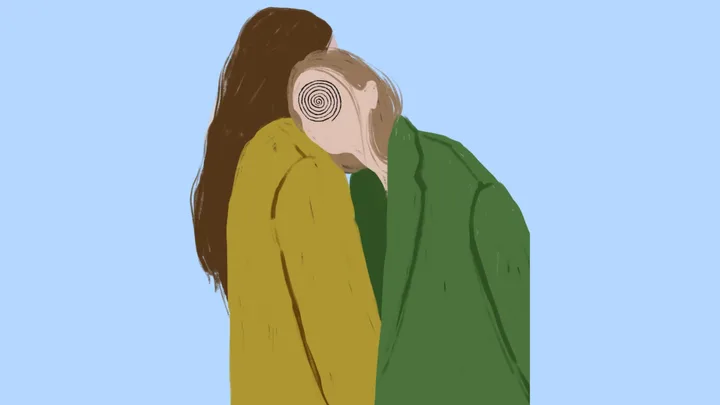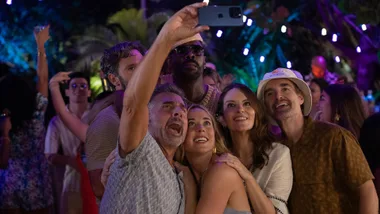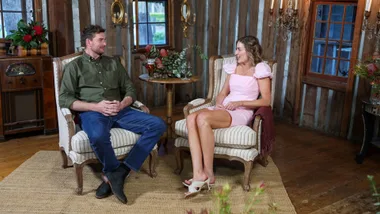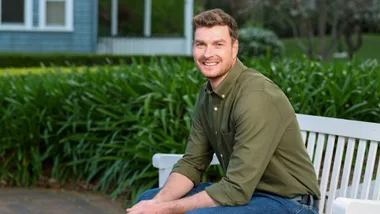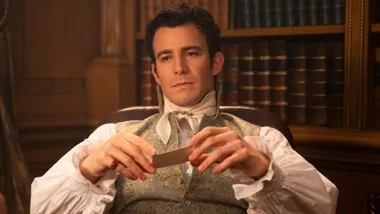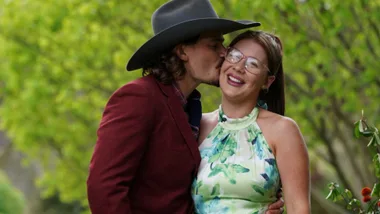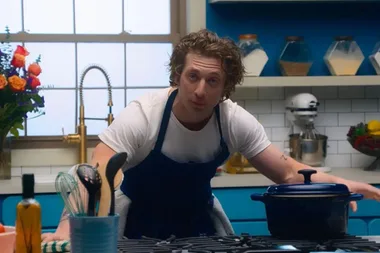The first person to pick up on my ADHD (Attention Deficit Hyperactivity Disorder) was one of my staff members. She had been diagnosed with ADHD herself and so she suggested that I go and get an assessment.
At the time, I was in my late 30s and very much in denial about having ADHD. I didn’t want to deal with it, even though deep down I knew something wasn’t quite right.
I had big trust issues around getting an assessment done, so whenever I went to make an appointment I would end up cancelling it.
It took me four years until I eventually went and saw a doctor. I was exhausted and I needed some help. I didn’t tell anyone what was happening because I didn’t want to talk about it.
Once I finally went through the testing, my diagnosis was obvious. At 42 years old, I was told that I had ADHD and that I had the option to go on medication or that there was some mindfulness stuff that I could do.
I was currently already doing a lot of mindfulness practices, so I knew that medication was the answer.
I really believe that the only reason I had survived so long without help, was because of all the mindfulness practices I had put in place over the years. Now I had gotten to the point where I was so burnt out that even those had stopped working.
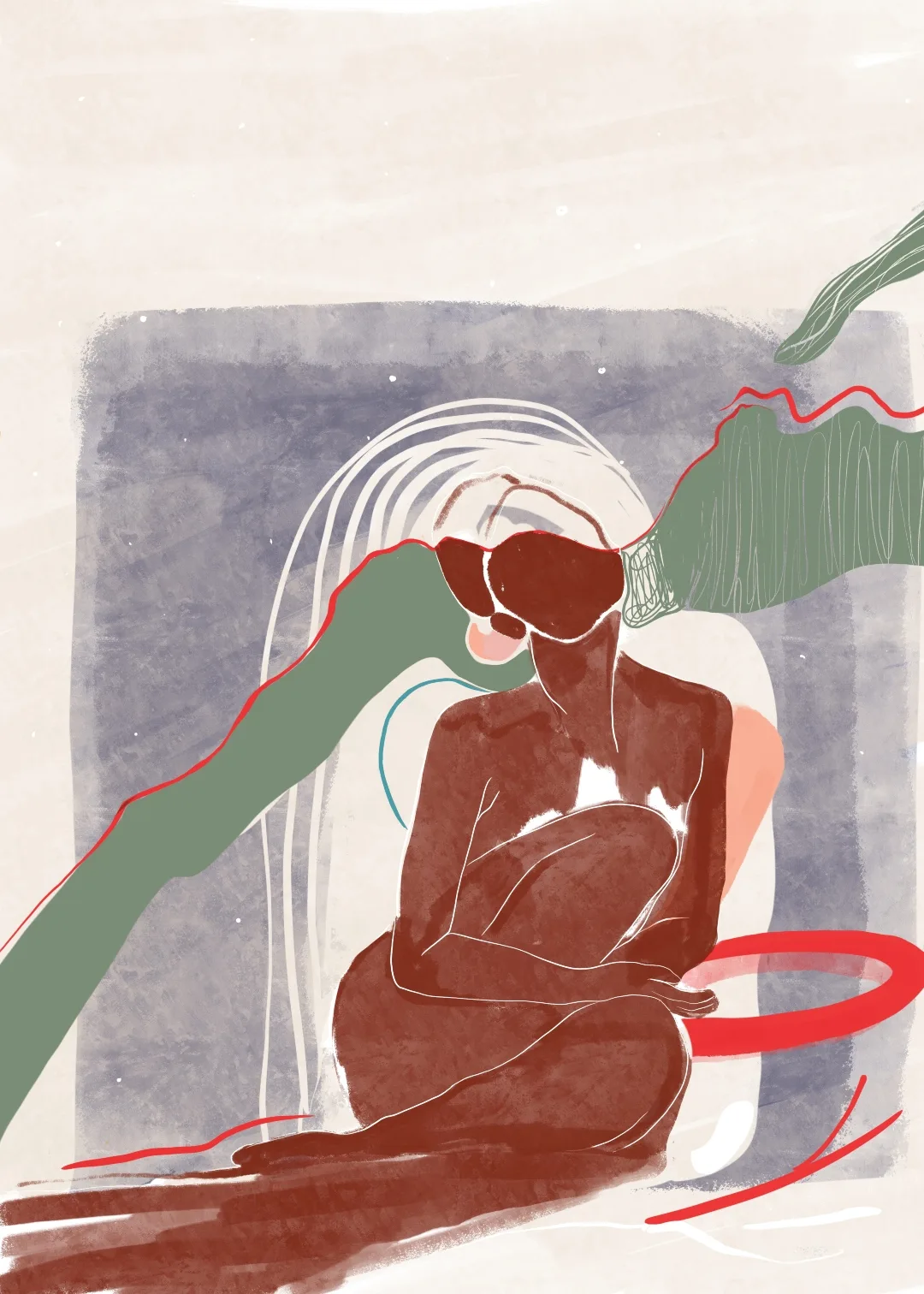
Misconceptions
The reason I put off having an assessment came from a fear of not understanding much about ADHD and also a little bit of embarrassment and shame about it.
The more I have educated myself, the more I benefit from understanding myself better.
For example, noise is a big trigger for me. Which is a challenge when you have three kids and one of them can be quite loud and shriek at times. Now, instead of going from zero to 10, I am able to manage my reaction and response in a much safer and controlled manner.
Being diagnosed with ADHD as an adult is something that eats away at me a little bit. I wonder whether if I would have still made some of the erratic decisions that I have in the past and if I would have handled myself differently under the circumstances.
The reality is that it’s a waste of time to overthink these unchangeable things. Instead, I focus on and amd grateful for the fact that I have this diagnosis now.
I’m learning new stuff about all the time, better ways to manage my ADHD in combination with medication, and learning how to really listen to my body and my brain, so that I never let myself get into a position where I’m overstimulated or struggling.
Women and ADHD
Past information around women and ADHD has been really limited and was primarily based around men.
A lot of women tend to brush off when they are struggling as simply having a lot on their plate. And while yes, you might have a lot on your plate, there might be another reason as to why you’re struggling. So symptoms for women such as low self esteem and overcompensating to try and fill everyone else’s cup are easy to dismiss when they are so prevalent for most women.
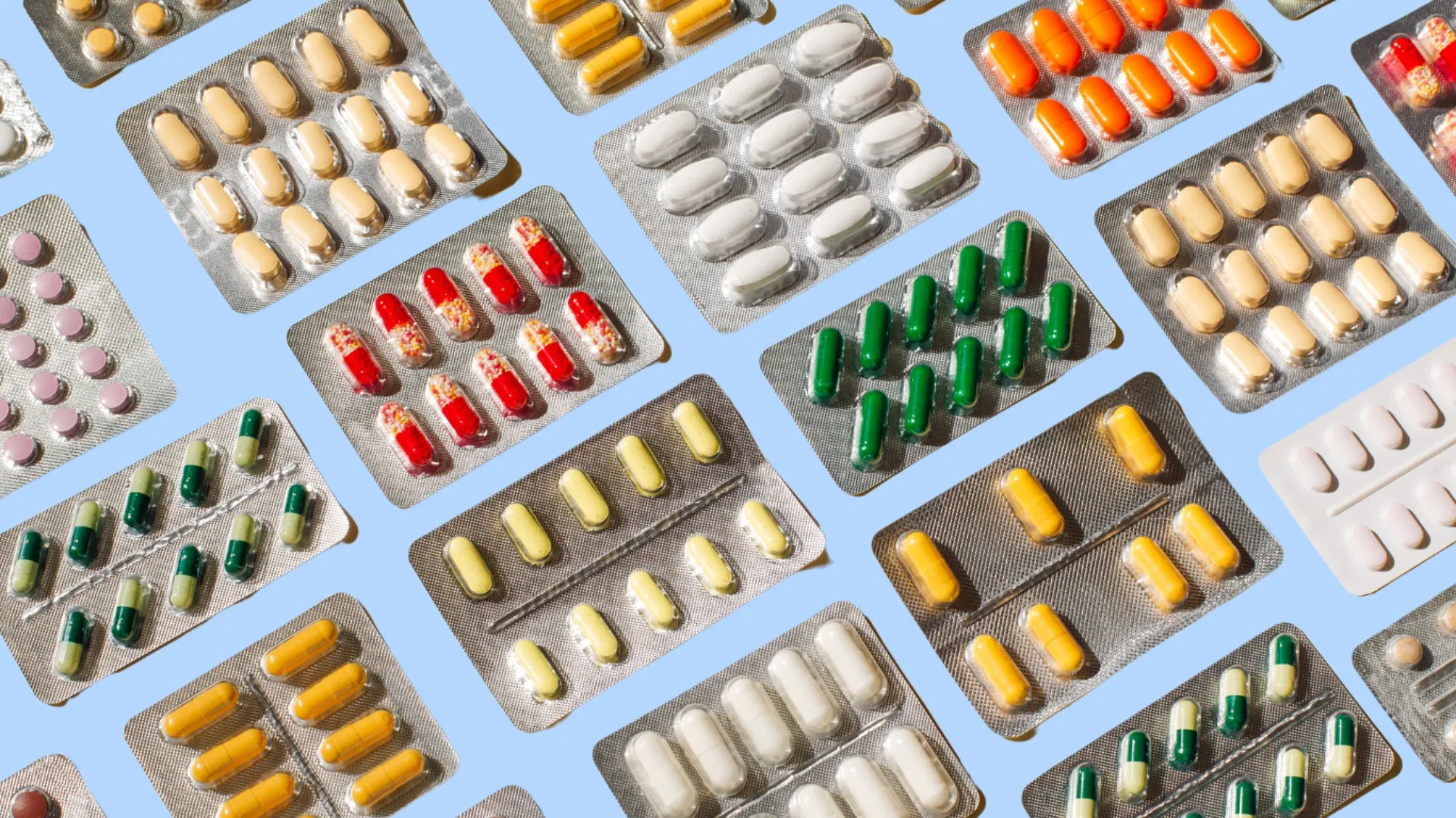
The Impact of ADHD Medication
Going on medication was life-changing. It has been over a year now and I’m still finding new benefits that have come from getting professional help.
I got very lucky, because it does often take a while to find the right medication, and also the balancing the right amount of medication.
Through the process, I found that even my partner who was very anti-diagnosis and anti-labelling, was actually quite shocked at how much it helped me and how much happier and calmer I was.
I had my emotions back under control. I felt more mentally and emotionally resilient. And I would no longer ruminate and get myself anxious with all these thoughts. I was able to me.
In my job, I find I’m a lot more methodical and proactive rather than reactive.
I used have this ridiculous list of things to do, and then I’d beat myself up if I couldn’t get them done.
Now, that inner critic is totally different. It’s tells me that the list was actually unrealistic at the start, but that regardless I’m proud of myself for having a go, getting things done and also doing things that aren’t even on my list yet.
So be kind to yourself, and know that you’re okay and you can switch off and give yourself a break.
Before my diagnosis, I was punishing myself mentally and emotionally. Now, I’m in a lot more accepting place with my skill set and my boundaries.
Previously, I would be dramatically impacted by someone’s opinion of me or if they treated me badly. Whereas now, I’m more aware of my personal boundaries emotionally and adhering to them.
Don’t Self-Diagnose on the Internet
There’s been a real rise in people self-diagnosing themselves with ADHD online.
We live in a world where our phones are a constant distraction, so someone could easily relate all of those symptoms to the fact that their phone constantly distracts them and therefore they think they have ADHD as adults.
I think informational videos on ADHD are great as a guide, but the only person who can really diagnose you is a psychiatrist. There’s extensive testing that goes on and you even have to get other people to do a test about you.
It feels like it’s become a little bit fashionable, but it needs to be taken very seriously.
